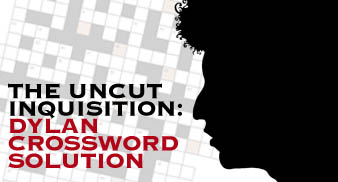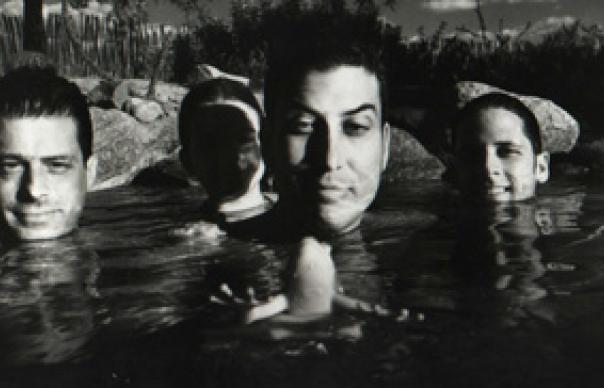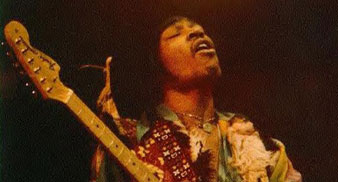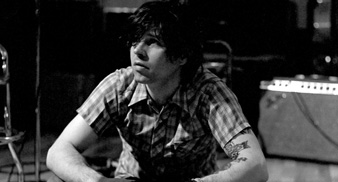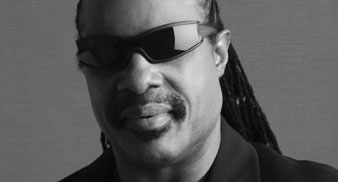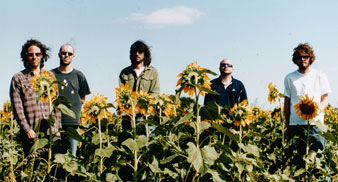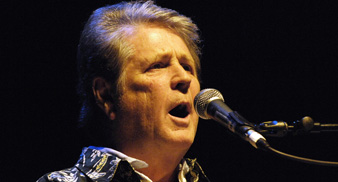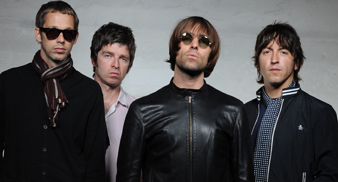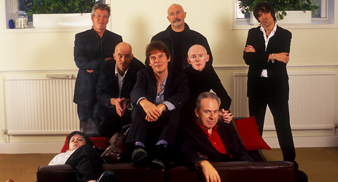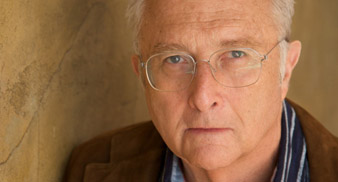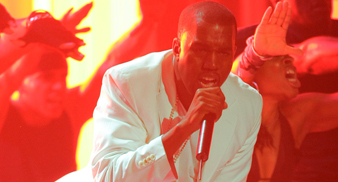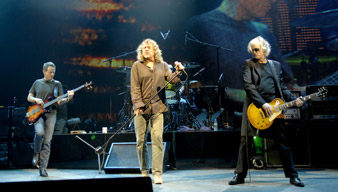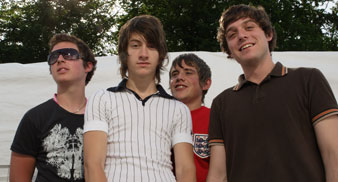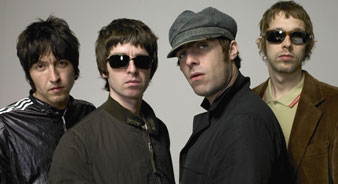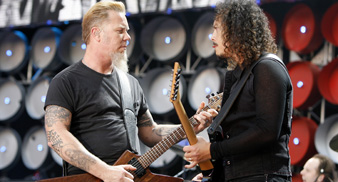As you'll know by now, your October 2008 issue of Uncut includes a free (but fiendishly difficult) quiz book, dubbed, not unreasonably The Uncut Inquisition. On page 50, we put together a crossword, Rainy Day Women Nos 12 and 35 Across, where all the clues, and answers, are Bobby D-related. The solutions are below, as promised. No peeking, though, if you haven't already given it a go... ANSWERS ACROSS 4 Self Portrait, 8 Rain, 9 Union, 10 Wave, 12 God, 15 REM, 17 Good, 20 Mama, 21 Eye, 22+18A Lou Reed, 23 Red, 24 Joe, 25 Gun, 26 Eric Clapton, 29 Newport, 33 Sara, 35 N’Dour, 27 Jakob, 38 Band, 40 Desire, 41 Key, 42 Young, 45 Old, 46 Thunder, 47 Hall. ANSWERS DOWN 1 Alone, 2 Train, 3 View, 4 Sea, 5+7D Paul Weller, 6+32D+14A Renaldo And Clara, 8 Reggae, 11 Alarm, 13 Drag, 14 Collins, 16 Men, 17 Gere, 19 Devoto, 20 Mountain, 27 Car, 28 Pin, 30 Woody, 31 Robin, 34 Avenue, 36 Die, 39 Dead, 43 Ochs, 44 Gold, 46+41D The Kid. HIDDEN ANSWER Chronicles.
As you’ll know by now, your October 2008 issue of Uncut includes a free (but fiendishly difficult) quiz book, dubbed, not unreasonably The Uncut Inquisition. On page 50, we put together a crossword, Rainy Day Women Nos 12 and 35 Across, where all the clues, and answers, are Bobby D-related. The solutions are below, as promised. No peeking, though, if you haven’t already given it a go…
ANSWERS ACROSS
4 Self Portrait, 8 Rain, 9 Union, 10 Wave, 12 God, 15 REM, 17 Good, 20 Mama, 21 Eye, 22+18A Lou Reed, 23 Red, 24 Joe, 25 Gun, 26 Eric Clapton, 29 Newport, 33 Sara, 35 N’Dour, 27 Jakob, 38 Band, 40 Desire, 41 Key, 42 Young, 45 Old, 46 Thunder, 47 Hall.
ANSWERS DOWN
1 Alone, 2 Train, 3 View, 4 Sea, 5+7D Paul Weller, 6+32D+14A Renaldo And Clara, 8 Reggae, 11 Alarm, 13 Drag, 14 Collins, 16 Men, 17 Gere, 19 Devoto, 20 Mountain, 27 Car, 28 Pin, 30 Woody, 31 Robin, 34 Avenue, 36 Die, 39 Dead, 43 Ochs, 44 Gold, 46+41D The Kid.
HIDDEN ANSWER
Chronicles.


